Tampa's HVAC Services | License #: CAC1818057A
Plumbing License | License #: CFC1433906
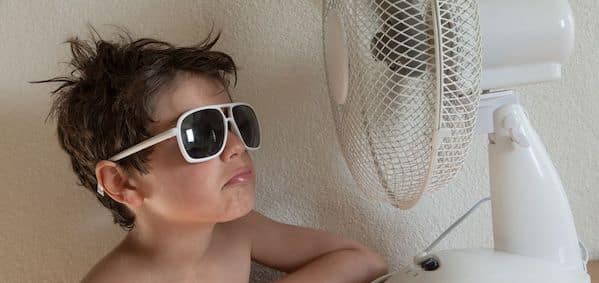
Want Maximum Comfort Throughout Every Season? Manage Your Home Humidity Levels.
Humidity levels in your home can make a big difference in your level of comfort. Want maximum comfort all year long? Find out the important details here along with the quick-and-easy guide in our home humidity levels chart to stay cool in the summertime, warm in the wintertime, and just right in the seasons in between.
What’s Relative Humidity?
Florida humidity can feel “off the chart” quite often. But what is relative humidity anyway? And what does it mean for homeowners?
Relative humidity is calculated by the amount of water vapor in the air “expressed as a percentage of the amount needed for saturation at the same temperature.” Depending on the temperature, the amount of water vapor that the air can hold will change — the warmer the air, the more moisture it can “hold.”
The right percentage of moisture in your indoor air is essential to help your HVAC maintain the best environment inside regardless of the outside temperature.
What Are the Ranges and What Do They Mean?
The typical range for the best comfort during the summer, as listed in the home humidity levels chart, is between 30-45%. You typically wouldn’t want to go above 40% in the wintertime — not only for comfort level but also to keep moisture from accumulating on your windows and to prevent problems associated with a relative humidity that is too high.
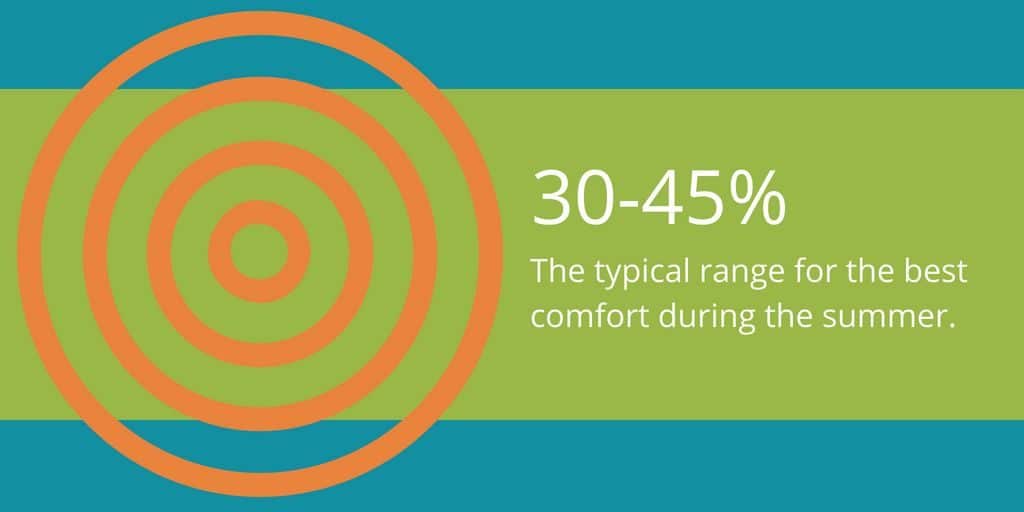
The American Society of Heating, Refrigerating and Air-Conditioning Engineers (ASHRAE) recommends for health reasons to maintain a range of 45-55%. Here are the basic guidelines:
- The average range for comfort for most people: 30-60%
- Recommended range: 45-55%
- High: 55-80%
Why the ranges? Well, depending on your personal comfort levels, how much clothing you typically wear in the household and your level of physical activity— a little more or a little less would feel the best!
It is important to keep the relative humidity inside your home away from the high range, though, because a lot of bad things can happen…
The Problems (and Dangers!) of High Humidity Levels in Your Home
High humidity can be a prime environment for several problems (and dangers!). It leads to muggy, uncomfortable conditions and often leads to sleep discomfort too. But one of the most significant problems is it provides a perfect environment for mold growth which can create a wide range of respiratory systems and illnesses. It can be particularly harmful to young children and seniors, as well as people with compromised immune systems or existing respiratory issues like allergies or asthma.
In addition, any extremes in relative humidity (very high or very low) can be attributable to threats such as:
- Bacteria & Viruses
- Fungi (in high levels of moisture)
- Respiratory Infections
- Asthma and allergic rhinitis
Companies who specialize in AC repair in Tampa can come to your home and perform a complete assessment of humidity levels to ensure your maximum comfort and protect you and your family’s health.
There are also specific issues related to low levels of humidity inside your home.
The Common Issues Related to Low Humidity Levels in Your Home
When indoor air gets too dry, several things can happen. You and your family can have and an increased susceptibility to colds and infections and get dry, itchy, skin and hair. But low humidity doesn’t just affect people, it can also harm valuable items in your home.
Wood furniture can split and crack — from expensive dining room tables and chairs to china cabinets, clothes dressers, and more. Do you have wood floors? They can also be affected. If you have wood flooring throughout much of your home, that’s a pretty big investment. Keeping the humidity levels at the right range can save you money and keep the wood in your home in the best shape possible.
Other common issues include static electricity, chipping of paint, and even damage to expensive electronics.
Managing Home Humidity Levels
There are several things homeowners can do themselves to manage home humidity levels.
In the summer:
- Use a dehumidifier and/or discontinue use of a humidifier
- Use the air conditioner to remove moisture and keep it maintained and operating well
- Use exhaust fans in the kitchen, laundry room, and bathrooms if needed
In the winter:
- Add a whole house humidifier or a portable room humidifier if needed
- Bring in an array of live houseplants throughout the home
- Place basins of water near your heating system
The humidity in Florida is always at its highest during the summer and lowest in the winter as mentioned in our home humidity levels chart. Depending on the construction of your home and how well it is insulated, you may not need a humidifier in the winter at all. Heaters can dry out the air pretty fast (and make our skin and nasal passages dry) when it’s cold, so many Florida homeowners may find it helpful to have a portable humidifier on hand.
The Role of HVAC Systems in Managing Humidity
It is important to have a well-maintained and operating HVAC system for your maximum comfort, health, and the upkeep of your internal environment and personal valuables like furniture and electronics.
An appropriately-sized AC system will cool the home interior well and turn on enough to help keep the humidity levels under control. If you do use a dehumidifier in the summer, you may be able to set the temperature on your thermostat a little higher and save money on your utility bills too!
The Comfort Authority can help you manage your humidity levels in your home to maximize your comfort, promote good health, and maintain a good environment for your most-treasured items and heirlooms.
We can first perform a full Home Comfort Assessment to get the humidity levels in your home checked. Our highly qualified technicians will inspect and analyze your home, focusing on YOUR wants, needs, and desires.
A big part of our AC service in Tampa is conducting routine maintenance on your HVAC. This keeps your system running effectively and efficiently — and helping to prevent major repairs down the line.
Contact us today at (813) 575-6996 if you have any questions about services or to schedule an appointment.
Other home AC and comfort articles you may be interested in:
Is the Air in Your Home Clean & Healthy? Helpful Tips to Improve Indoor Air Quality.
3 Effective Ways to Control Indoor Humidity
Summer Air Conditioning Tips: 4 Simple Steps to Surviving Summer in Florida
Need a New AC Unit? 6 Signs It’s Time for a Replacement
A Homeowner’s Guide to the 3 Most Common Air Conditioning Problems
Recent News
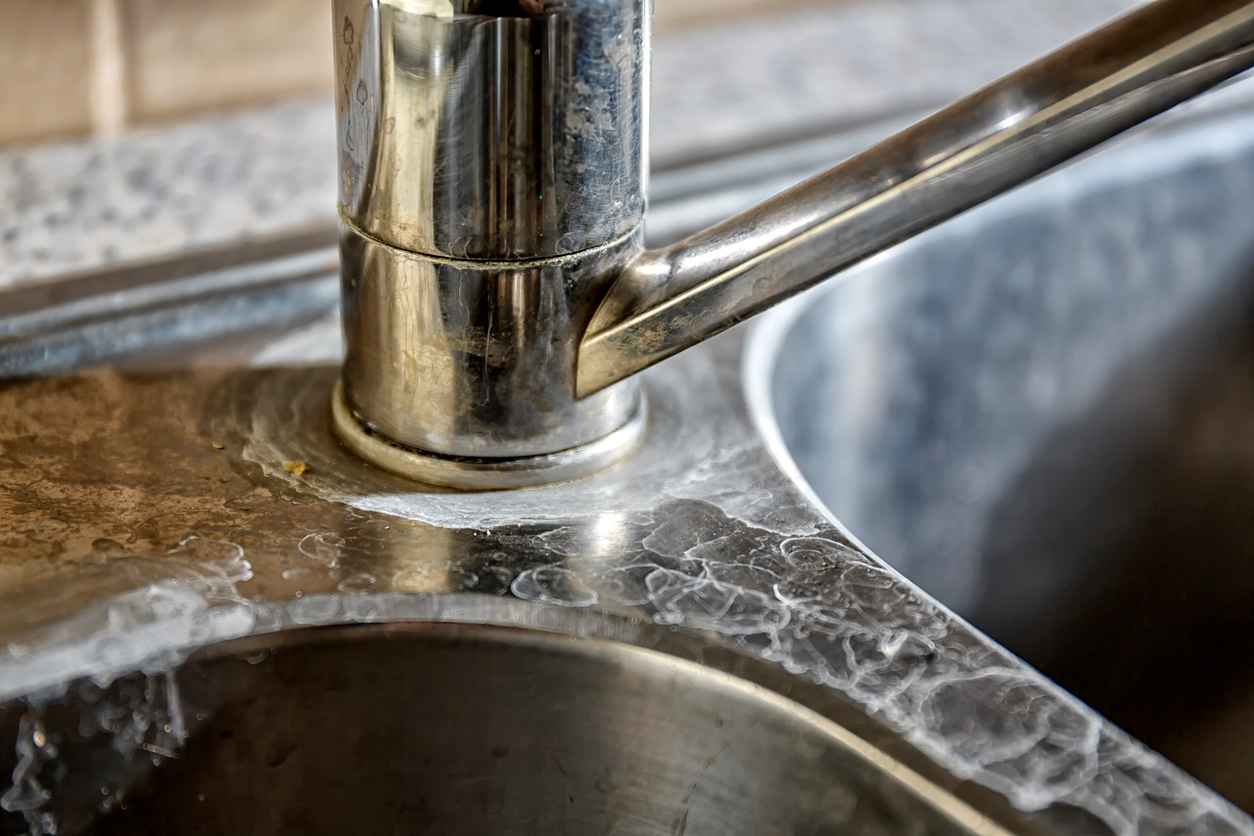
Water Quality & Its Hidden Costs: How Tampa Water Affects Your Plumbing & Appliances
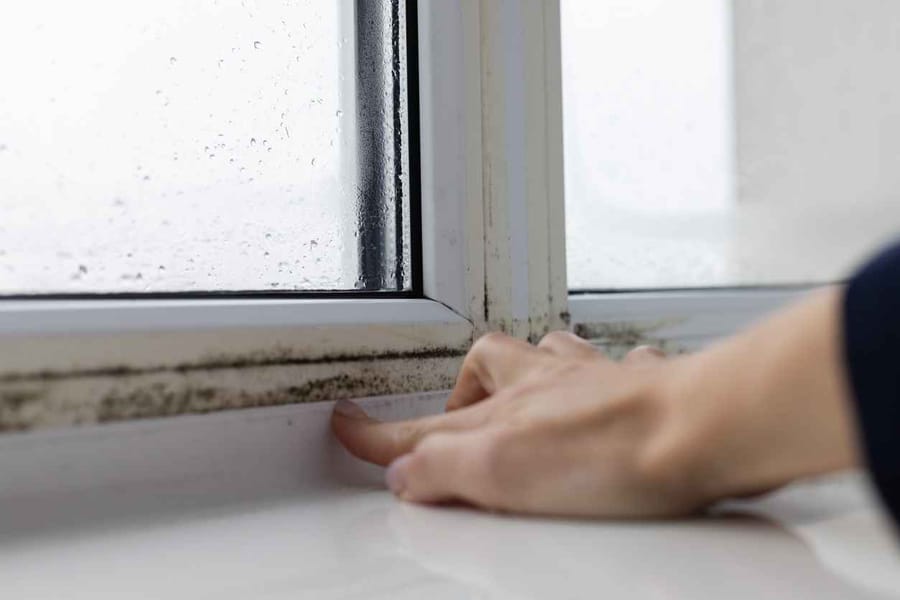
Indoor Humidity Control & Mold Prevention Guide for Florida Homes
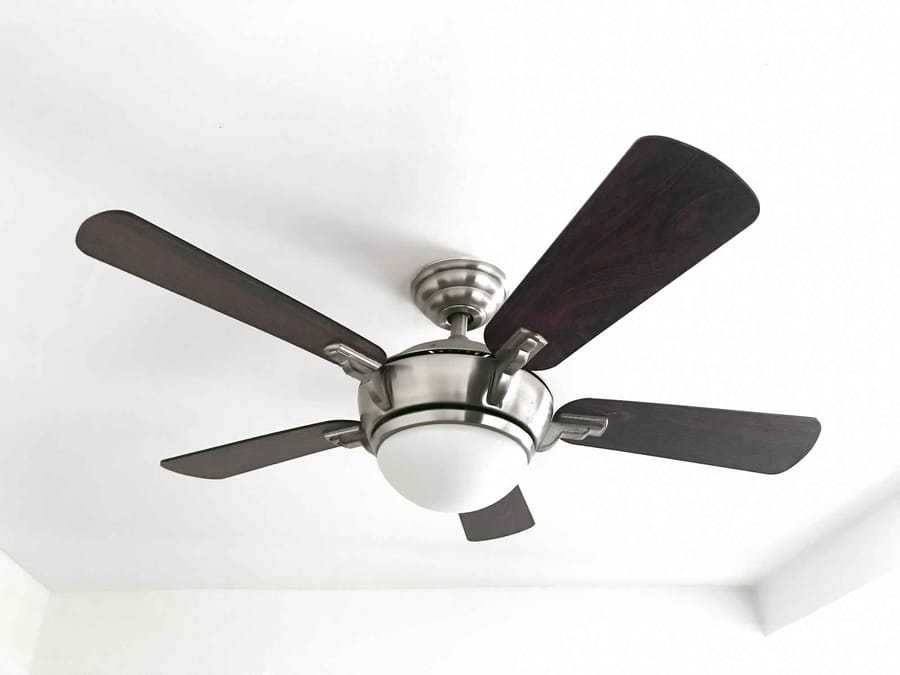
Home Comfort Myths in Florida: What People Get Wrong About HVAC & Plumbing
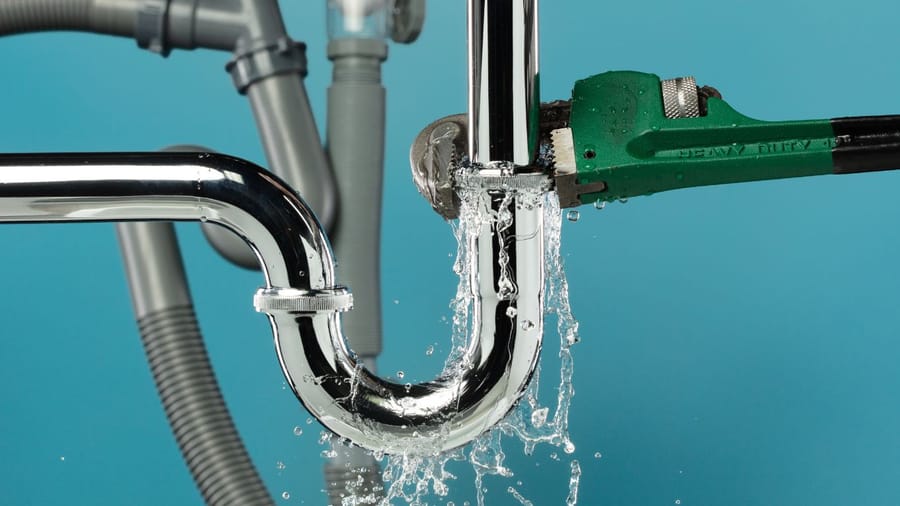
Home Plumbing Emergency: What to Do While Waiting for Service
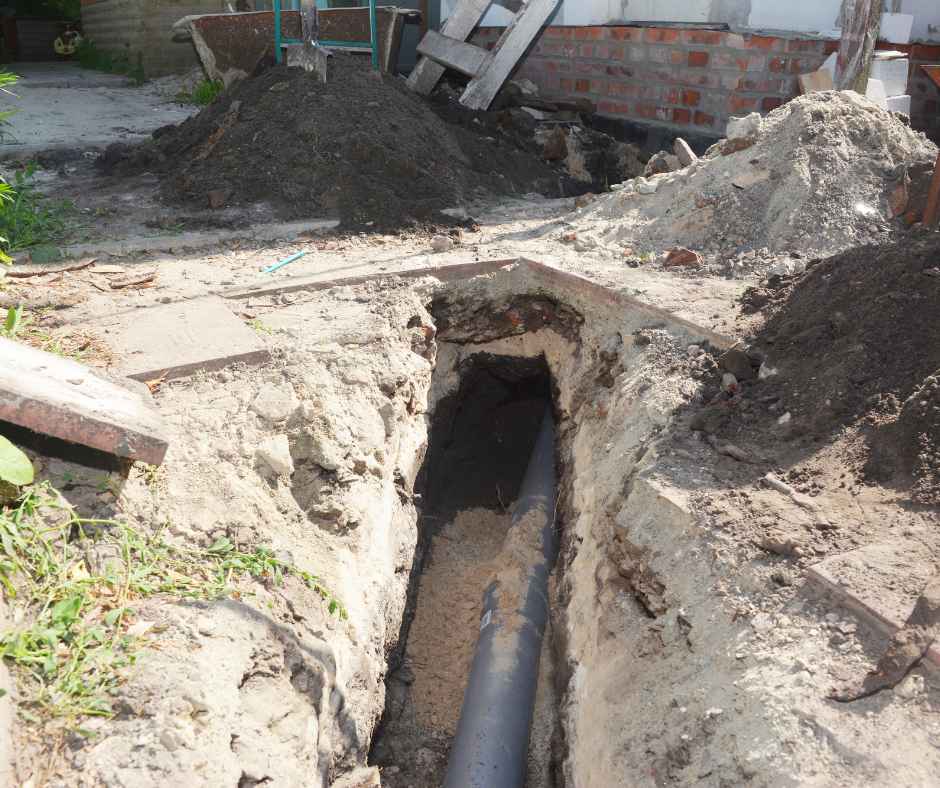
5 Signs Your Sewer Line Needs an Inspection or Repair
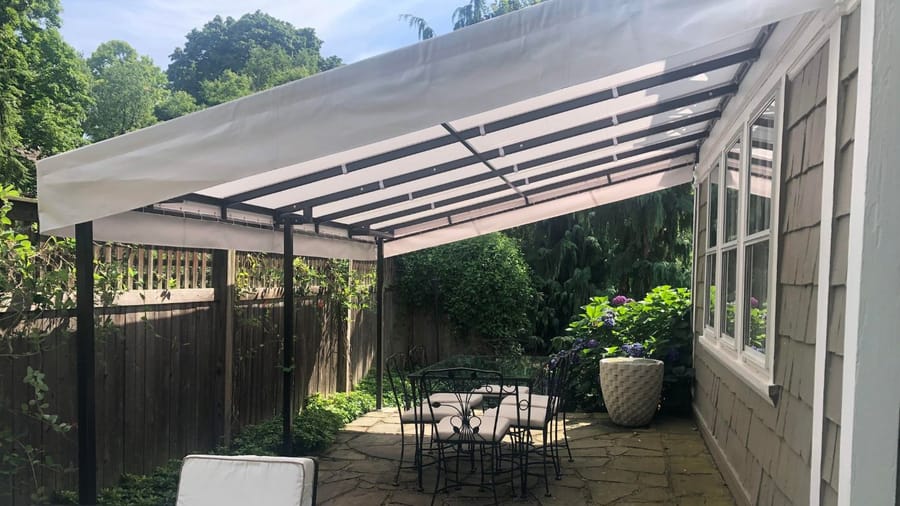
How to Slash Your Energy Bills in Tampa This Summer
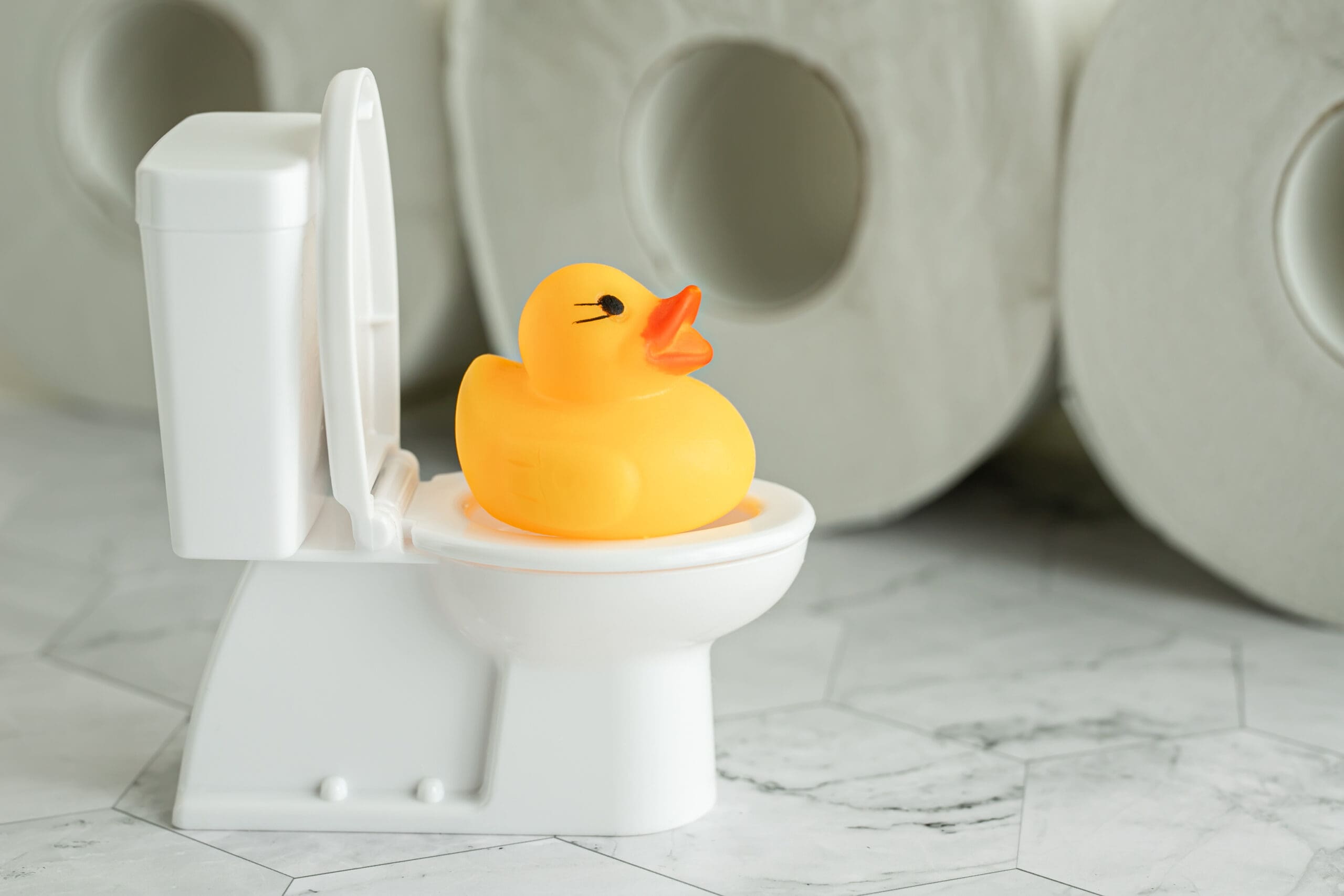
Why Does My Toilet Flush Twice?

